
Cork Infills
(Corticeira Amorim)
// Description of the Good Practice
The Cork Infills project was developed by the Amorim Cork Composites company (Corticeira Amorim).
This project represents an innovative and sustainable approach to creating infills for sports grounds, using by-products from the cork stopper industry.
It replaces the traditional product usually made from recycled tire rubber, offering a more sustainable alternative.
The project was awarded the 2024 national sustainability prize of circular economy for a large organization.
The company implemented circular strategies such as industrial symbioses (urban, local, regional) & partnerships, valorisation of by-products and waste, bioeconomy, digitalization, product as a service (Paas).
// Innovation
It boosts economic growth in a sustainable and inclusive way, ensuring an efficient production and a decent work for employees. The company applies the principles of the circular economy by reducing waste, extending the useful life of materials and regenerating natural systems. Also, reduces the environmental impact of operations by adopting renewable, economical and efficient solutions.
// Environmental Impact
– 100% use of cork
– 92% sustainable materials
– 87% waste recovery rate (non-cork)
– 77% energy from renewable sources
– 4.3% energy efficiency
– 915t recycled cork (equivalent to 203.3 million cork stoppers)
– 72,578 tCO2eq emissions avoided in 2023
– 220,819 tCO2eq emissions generated by the business activity and value chain (11.0% compared to 2022)
// Social Impact
– 51% impact in the employment of forestry sector at local
– UN Global Compact participant
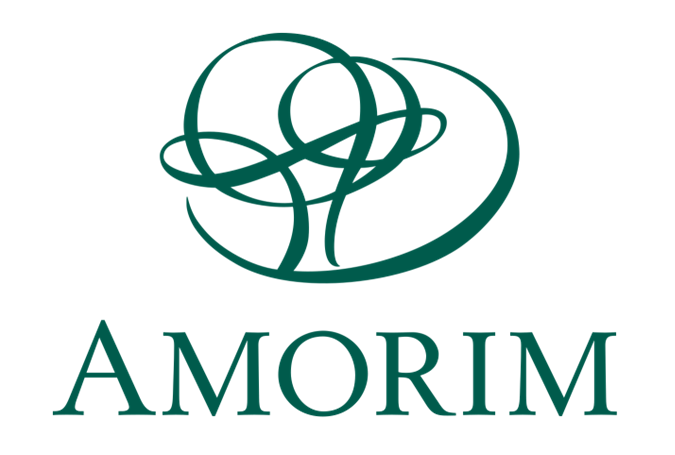
:: Scope of intervention
National / International
:: Model
Ecoentrepreneurship/ Circular Economy
:: What
Infills using by-products from the cork stopper industry
:: Criteria
Circular Economy
Innovation in Sustainable Solutions
Environmental Sustainability
Efficient use of Resources
Use of Green Technologies
Inokem Biotech Shop
// Description of the Good Practice
Inokem Biotech Shop is dedicated to creating 100% biodegradable, eco and pet-friendly detergents, formulated using natural ingredients and ultra-concentrated.
This feature makes it possible to reduce the use of plastic in packaging by up to 90%, as consumers can refill them at authorized points of sale, encouraging waste reduction and promoting more sustainable consumption.
It was awarded the 2024 national sustainability prize in the category of circular economy for SME in Portugal.
Also, it was awarded an honorable mention in Green Technology at the Green Awards 2022.
// Innovation
Ultra-concentrated detergents are formulated from sustainable raw materials with 100% biodegradable products, while reducing the use of plastic and minimizing environmental impact.
Sustainability and environmental responsibility are essential pillars, being all solutions developed with biodegradable raw materials.
This practice combines innovation and sustainability with effective products that are environmentally and animal friendly.
// Environmental Impact
– reduce carbon footprint by 90%
– reduce 90% of plastic consumption
– reduce the environmental footprint by 90%
– rationalize the water used for detergents and use reused water
// Social Impact
– Promoting responsible consumption
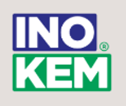
:: Scope of intervention
National / International
:: Model
Ecoentrepreneurship/ Circular Economy
:: What
Sustainable consumption of organic detergents
:: Criteria
Circular Economy
Innovation in Sustainable Solutions
Environmental Sustainability
Promoting Responsible Consumption
Delta Cafés
// Description of the Good Practice
Founded in 1961, Delta Cafés is a Portuguese brand and coffee roasting and packaging company belonging to the Nabeiro Group.
Delta Cafés cames first in a study released by the sustainability consultancy OnStrategy.
The company has introduced innovative products and services, reducing environmental impact and maximising positive social impact, with a focus on eco-efficient production, eco-design, seeking to promote sustainability in the origins of coffee, reducing inefficiencies in the production process and valorising the waste.
Delta Cafés implemented circular strategies such as industrial symbioses (urban, local, regional), valorisation of by-products and waste, bioeconomy, digitalization, product as a service (Paas).
// Innovation
– Biodegradable capsule: 0% Plastic, 100% Organic, triple sustainability certification (RainforestAlliance, UTZ, organic certification).
– Green Energy: 100% of energy consumption is green
– Re-utilisation of factory waste. Example: Matter reuses waste from the production of various speciality products such as coffee, chocolate or wine into value-added products with applications in architecture, design or packaging.
– Mushrooms that grow from coffee grounds: Delta Cafés has teamed up with start-up NÃM to develop a pioneering project in the circular economy transition with the motto ‘fromWasteto Taste’. The concept involves reusing coffee grounds from Delta Cafés customers and turning them into mushrooms. 70 tonnes of coffee beans have already been reused, producing 10 tonnes of oyster mushrooms and 50 tonnes of fertiliser returned to the soil.
// Environmental Impact
– 6.8% reduction in energy consumption
– 18.5% reduction in water consumption
// Social Impact
– Generating employment by developing skills and reconciling personal and family life;
– Promoting Responsible Citizenship, supporting programmes for senior citizens and supporting well-being of local communities.
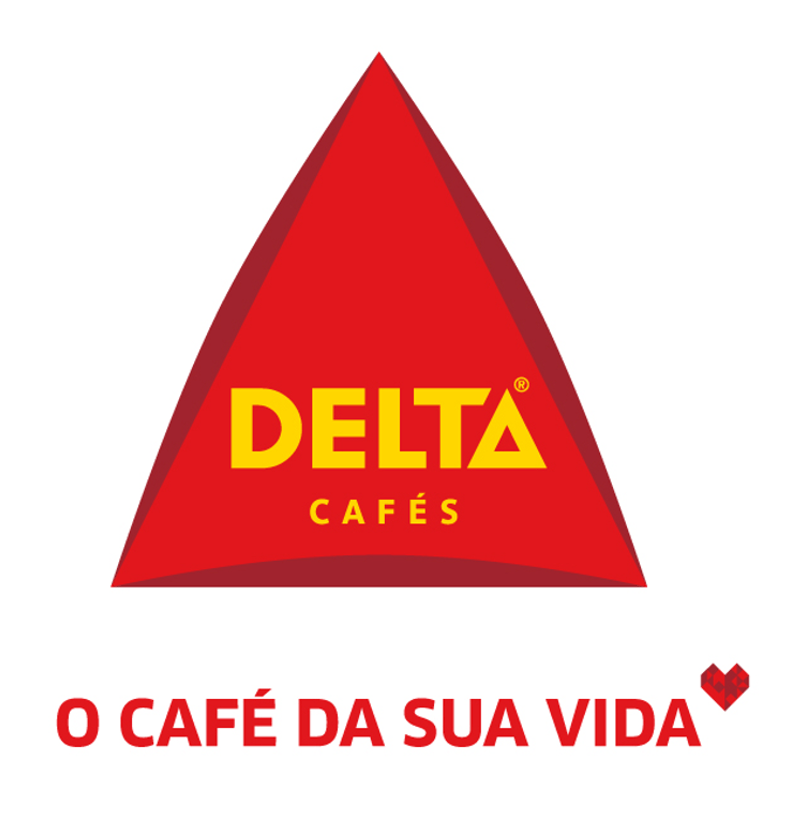
:: Scope of intervention
National / International
:: Model
Ecoentrepreneurship/ Circular Economy
:: What
Sustainability based on people, communities and planet
:: Criteria
Circular Economy
Innovation in Sustainable Solutions
Environmental Sustainability
Business Models with a Positive Impact
Valérius Hub
// Description of the Good Practice
Founded in 2020 in Barcelos, Valérius HUB presents itself as a community with the purpose of contributing to the creation of a responsible fashion system, seeking to lead the national textile and clothing industry towards a fully sustainable future.
It is divided into 3 different sectors: Clothing & Footwear; Textiles, Finishing & Quality; and Home & Office.
Valérius HUB has created a leading recycling plant in Europe for processing pre and post-consumer textile waste: Valérius 360.
// Innovation
The 360 project aims that all the clothes that have left its factory return to it to be recycled and given a new life.
Circular good practice:
– Chemical-free processes, with less water and energy consumption;
– Transformation of ecological resources into the new industry standard;
– Creation of programmes to return post-consumer clothes for recycling at Valérius 360;
– Integration of advanced technologies in garment processing and modelling, reducing the need for samples through digitalisation;
– Include circularity in design by applying (re)design principles to 100% of collections.
// Environmental Impact
– Reducing carbon emissions to 0 by 2030
– Reducing textile waste by 5% annually by 2030
– Reducing waste production by 10% annually by 2030
– Treating 60% of our textile waste at Valérius 360 by 2025
– Reducing waste sent to landfill/incineration by 90% by 2030
// Social Impact
– Promoting responsible consumption;
– Encouraging to recycle.
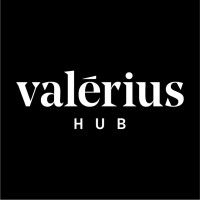
:: Scope of intervention
National / International
:: Model
Ecoentrepreneurship/ Circular Economy
:: What
People, Sustainability, Technology & Innovation
:: Criteria
Circular Economy
Innovation in Sustainable Solutions
Environmental Sustainability
Business Models with a Positive Impact
Re.Store
// Description of the Good Practice
Re.Store® is a Portuguese textile brand, which combines social innovation with environmental innovation and pedagogy actions to change current consumption habits.
The products’ fabric is reused from the production processes of home textile companies resulting from its waste or leftovers. The brand label is weaved with recycled polyester yarns.
// Innovation
Re.Store® promotes social inclusion and recognition because all its products are made by unique people in their difference (social institutions, refugees, social associations, active aging and others), duly paid for their work.
It also contributes to reducing the ecological footprint of the textile industry, since all its products are made from recycled textile waste, scraps, samples and accessories.
The totebag straps are made from 100% organic cotton. The concept label is made from cotton waste and plant seed.
Re.Store® also has a set of solidarity collections in partnership with other organisations.
// Environmental Impact
– More than 8,500kg of recycled fabric
// Social Impact
– 31 social partners
– 63 500 Euros paid to social partners
– Promoting social inclusion, social innovation and social responsibility
– Promoting responsible consumption

;; Scope of intervention
National / International
:: Model
Social Entrepreneurship / Ecoentrepreneurship
:: What
People, Planet and Pet Friendly Products
:: Criteria
Social Inclusion
Social Responsibility
Social Innovation
Circular Economy
Environment Sustainability

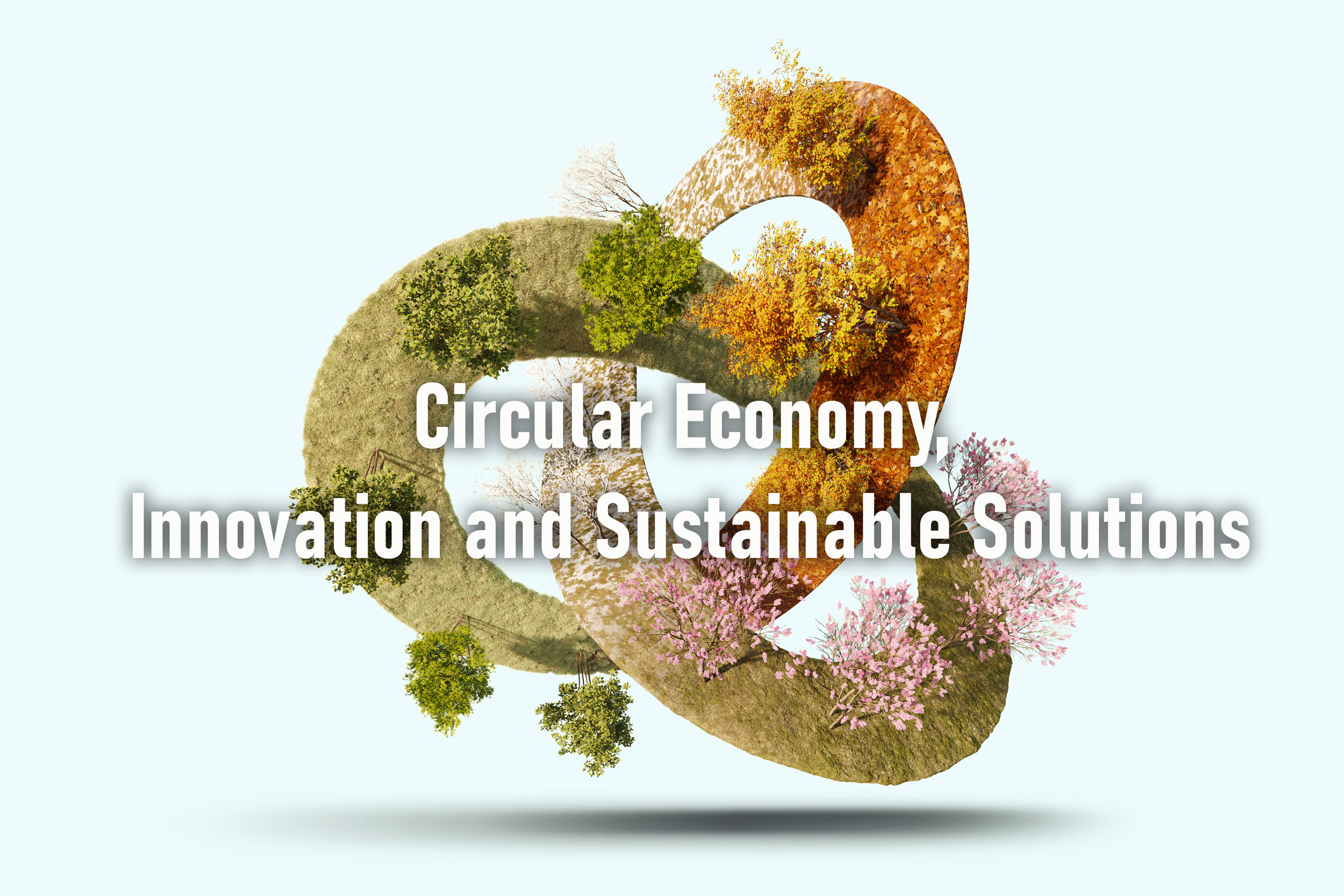
Comments are closed